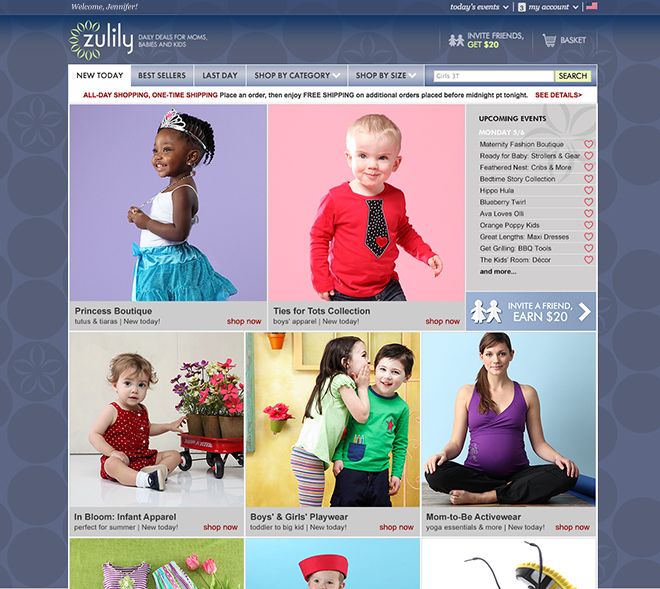Waltham, MA-based Care.com filed its public S-1 last week, setting the 7-year-old company up to start selling shares in 2014. Following Twitter’s lead, the company will list on the New York Stock Exchange. They are looking to raise $80 million, and will be underwritten by Morgan Stanley, BofA/Merrill Lynch, and JPMorgan, among others.
For those of you without children, Care.com is a platform that connects families with potential babysitters or nannies. In the last few years, they have expanded care offerings to pet care, elderly care, and general housekeeping tasks.
There have been plenty of rumors that Care.com would file for IPO, and in November the company availed itself of new JOBS Act rules that allowed it to file confidentially. The benefit of this move is that they were able to negotiate with the SEC before opening its financials up to everyone.
And, to be honest, there’s some scrutiny to be done. The company posted $59 million in revenue in the first 9 months of this year, with a $24.7 million net loss. According to the filing, risks in the stock include a “history of cumulative losses,” the expectation of more operating losses, and an increase risk because the industry itself is evolving.
Oh, but what the hell, the tech IPO market is frothing up, so Care.com might as well jump in.
2013 ended up being a big year for tech IPOs, led of course by Twitter. By all accounts, 2014 is shaping up to be another banner year.
What’s awesome about the Care.com story, though, is that it is another perfect “everywhere else” startup story. A platform that connect sitters and families would never have been conceived out in the Valley. CEO Sheila Lirio Marcelo (yes, she’s a woman) is a Harvard Business School graduate and former EIR at Matrix Partners, which also has offices in Waltham.
The company may be operating at a loss now, but we all know that’s not uncommon for tech companies. There’s huge market potential, and so far Care.com is the most recognizable brand filling that market.
According to Crunchbase, the company has already raised $109 million in 5 rounds. An offering price and the company’s new NYSE symbol have yet to be announced.





